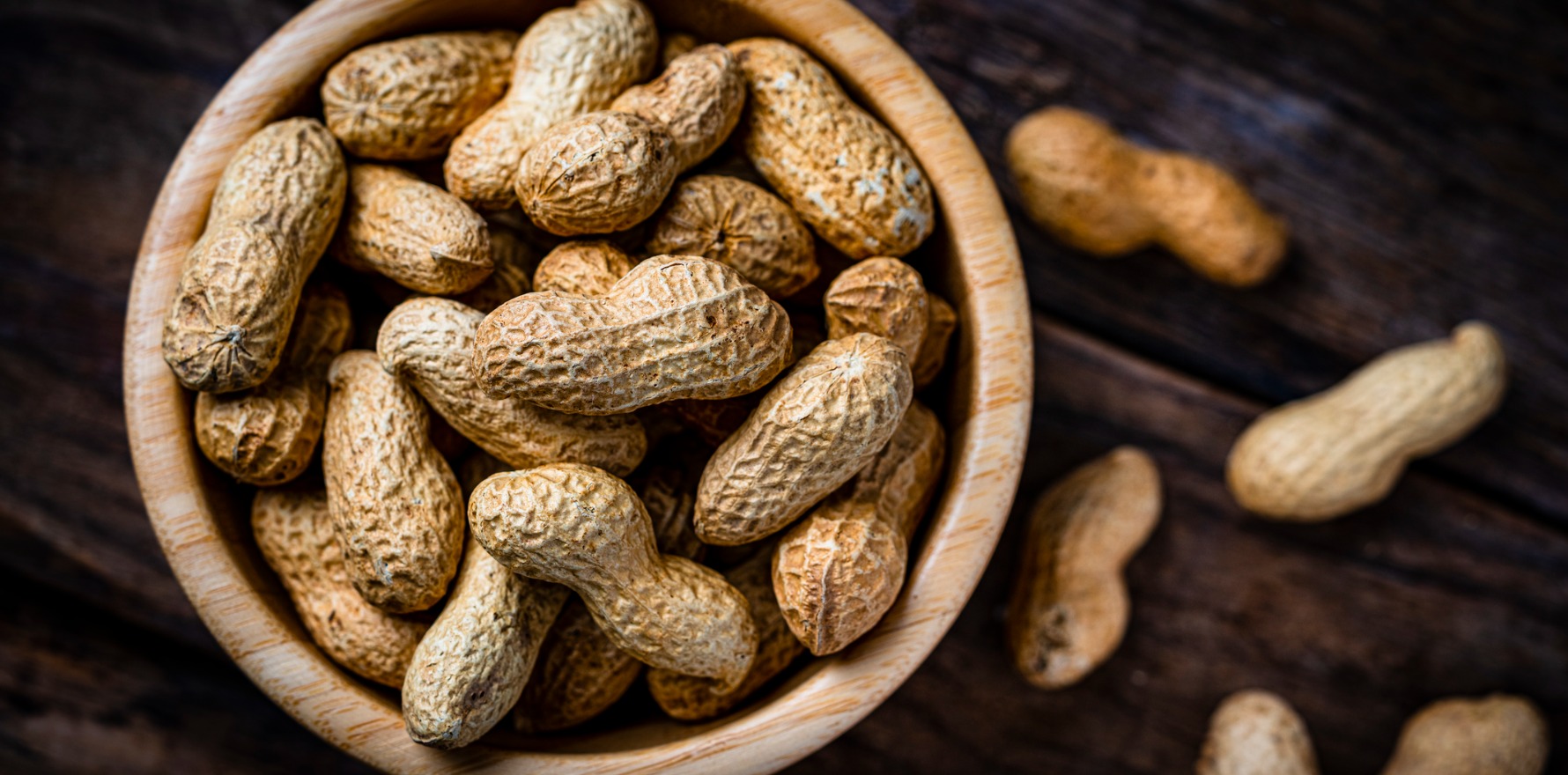They say the co-exposure of peanut allergens in the environment and air pollutants could increase the risk of developing an allergy.
Australian researchers have found a link between exposure to higher levels of air pollution as a baby and having a peanut allergy throughout childhood.
And they say policies aimed at tackling poor air quality could potentially reduce the prevalence and persistence of peanut allergies.
The research, led by Murdoch Children’s Research Institute (MCRI) and the University of Melbourne, has been published in the Journal of Allergy and Clinical Immunology, and was touted as the first study to explore the link between air pollution and challenge-proven food allergy over the first decade of life.
While the research reported exposure to poorer air quality from infancy was associated with increased odds of developing a peanut allergy and having the allergy persist across the first 10 years of life, the same association was not seen for egg allergy or eczema.
The research included 5276 children in Melbourne from the HealthNuts study, recruited at age one and followed up at four, six and 10 years. The researchers used estimates of the annual average concentration of fine particulate matter (PM2.5) and nitrogen dioxide (NO2) at each participant’s residential address at the time of each follow up.
MCRI’s Associate Professor Rachel Peters said the study found that higher levels of air pollution were a risk factor for the development and persistence of peanut allergies – despite Melbourne having generally good air quality compared to international counterparts.
“The rise in allergy prevalence has occurred at a similar time to increased urbanisation, leading to the belief that environmental factors may be contributing to high allergy rates,” she said.
“Eczema and food allergy most often develop in infancy. Both immune conditions can naturally resolve over time, but for some they can persist throughout adolescence and into adulthood.
“This is the first study to use an oral food challenge, the gold-standard of food allergy diagnosis, to investigate the relationship between food allergy and air pollution.”
University of Melbourne researcher Dr Diego Lopez said the co-exposure of peanut allergens in the environment and air pollutants could be increasing the allergy risk.
“Air pollutants have an irritant and inflammatory effect that may boost the immune systems pro-allergic response, potentially triggering the development of food allergies,” he said.
“However, the underlying mechanisms of how air pollution increases the risk of a peanut allergy, and why eczema and egg allergy aren’t impacted in the same way, need to be explored further.”
The authors acknowledged in their paper that an increasing number of studies have assessed air pollution exposure as a risk factor for eczema in infants and children, but the results were mixed.
“In line with our observations, a study done in a similar low-pollution setting in the Netherlands also reported little evidence of an association between these air pollutants and eczema in eight-year-old children,” they wrote.
“Given this lack of association, it is unlikely that eczema acts as a mediator in the association between air pollution and food allergy. In addition, the inconsistent results in the literature may also be due to variations in the diagnostic criteria for eczema in various nations, temperature, humidity, and the method used to measure air pollution (i.e., static ground-level monitoring vs satellite-based estimations).
“Furthermore, different types of air pollutants exist and are exposed to humans in different proportions and at varying levels throughout the world.
“Further research is needed to standardise the measurement of air pollution exposure and eczema case definitions to assist with replication of studies in this topic.”
Related
Allergic disease is one of Australia’s greatest public health challenges, with one in 10 children developing a food allergy in their first year of life.
Professor Peters said policies aimed at tackling air pollution could potentially reduce the development and persistence of peanut allergy.
“The research highlights the importance of early-life interventions aimed at reducing exposure to air pollution, which could potentially prevent peanut allergies and other poor child health outcomes,” she said.
“Improving city design to support greater air quality regulation, better promoting public transport and switching to non-combustion fuels may help turn the tide on peanut allergy.”
Journal of Allergy and Clinical Immunology 2024, online 23 October





